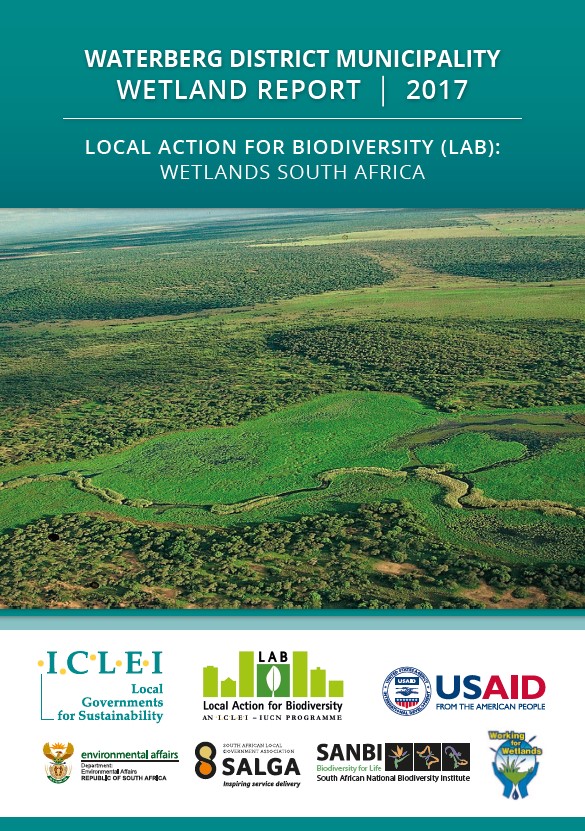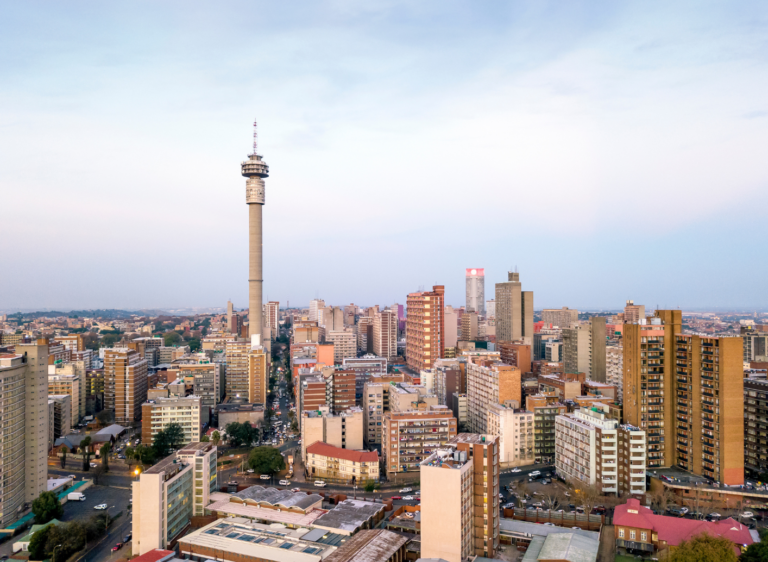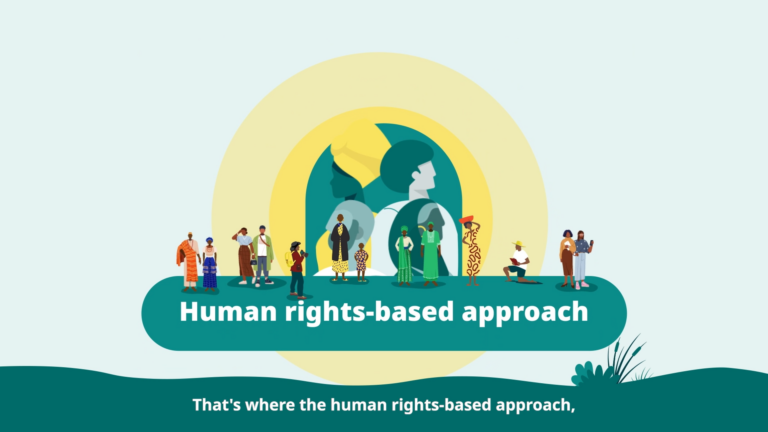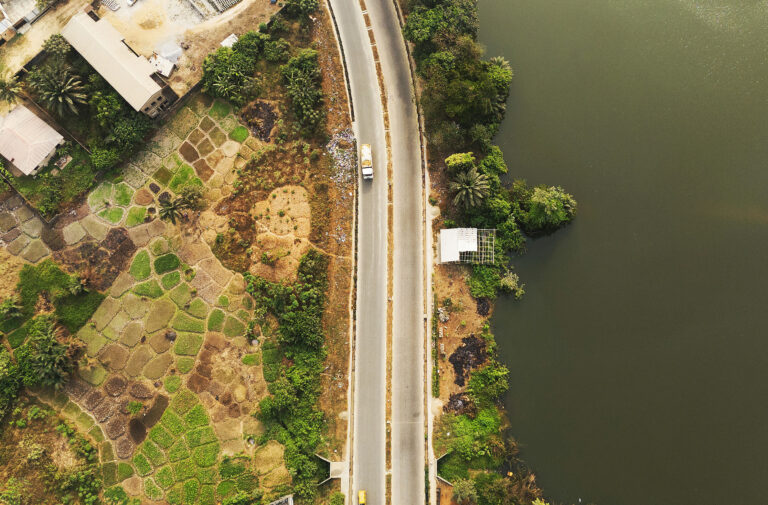Waterberg District Municipality Wetland Report




Download:
Related ICLEI Pathway(s)
About
Resource summary
Waterberg District Municipality (WDM) is a category C municipality and comprises of Bela–Bela, Lephalale, Mogalakwena, Lim 368 and Thabazimbi Local Municipalities. It lies on the western part of the Limpopo Province. Informed by its powers and functions, WDM cannot provide basic services but coordinates and provides support, in line with section 88(2) of the Municipal Structures Act, to its local municipalities. Within its scope of powers and functions, WDM provides disaster management and firefighting services.
The wetlands within the municipality play a pivotal role in disaster risk management as well as reducing the impacts of climate change within the district. The wetlands throughout the district are thus considered to be high-value ‘ecological infrastructure’ as they provide habitat for flora and fauna, but also provide critical ecosystem services to the municipality, which helps prevent and manage natural disasters. Ecosystem services provided by wetlands include flood attenuation, water filtration, erosion control and water storage (regulatory services) as well as food provision, supply of raw materials and clean drinking water (provisioning services).
Despite the wetlands within the municipality being of high value to the municipality in terms of ecosystem service provision, a large number of the wetlands in the region are under threat or have already been lost. This is largely due to the spread of invasive alien plants (IAPs), mining activity, and extraction and infilling for development and agriculture, inappropriate development within the close proximity of wetlands, poorly regulated agricultural practices (overgrazing and cultivating) and the poor state of Waste Water Treatment Works (WWTW). Degraded wetlands are unable to function to the same degree as healthy wetlands and as such, ecosystem service provision is severely hindered or lost. As such, careful management as well as the investment in the maintenance of healthy wetlands and the rehabilitation and restoration of damaged or degraded wetlands is required. This will ensure the continued provision of these vital ecosystem services to the municipality.
Read more by downloading the report.
Related resources

City of Johannesburg Goods and Services Assessment

Nature-Based Solutions for African Cities: The Human Rights-Based Approach



